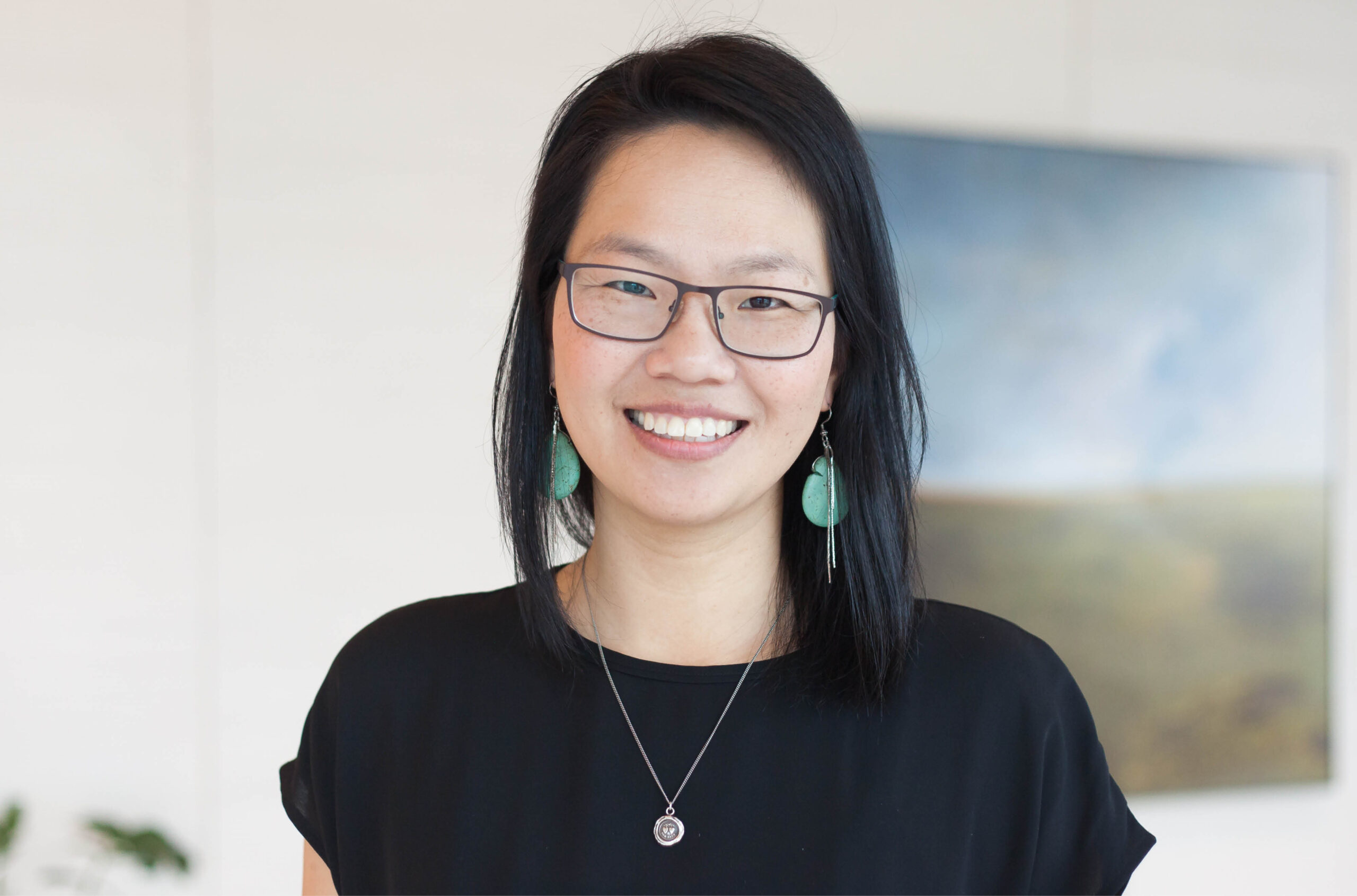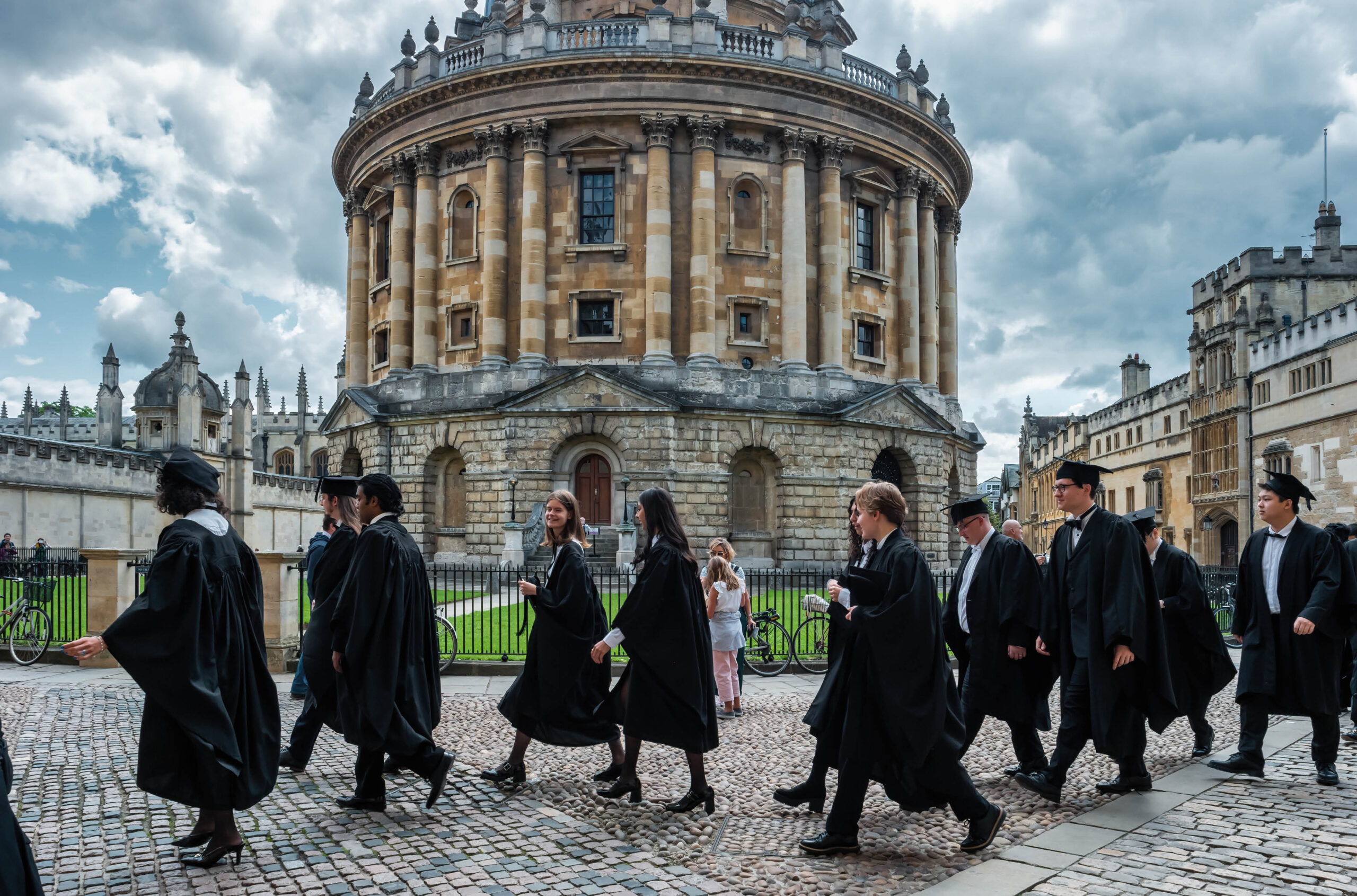Adapting your writing for a research competition
Presenting in person can be nerve-wracking, but it is a great way to connect with a wider community of scholars.

This is part 2 of a two-part series.
In part one of this two-part series, I talk about storytelling’s great potential in relaying complex research and knowledge in relatable ways to an audience. This time, I want to share my experience after participating in a research presentation competition. I’ll touch on how I wrote my story, how I modified it for video submissions and live presentations and dispense some tips to help deal with nerves.
The annual SSHRC Storyteller’s Challenge invites postsecondary students to demonstrate how social sciences and humanities research is making a positive difference in the lives of Canadians. In 2023, I was in my final year as a master’s student at the University of New Brunswick and working as a research assistant on a SSHRC-funded project under David Wagner. The big idea I presented was the importance of math in our lives and how we can help teachers support this learning for students of migrant and Indigenous backgrounds.
The first round of the competition requires a three-minute video or a 300-word essay submission. Given all the possibilities that multimedia can offer, such as images, video clips, animations, voice-over narration, background music, and text overlays, details of the research can be communicated effectively in an easy-to-read and visually appealing way. You can also use infographics and charts to demonstrate complex ideas, like the process of data collection or research timeline(s), to help the audience quickly understand the value of your work. For my submission, Canva was my go-to tool. I have no background in graphic design or video recording, but the web-based app is user-friendly and offers a variety of copyright-approved templates and graphics. I recorded myself using a regular phone and easily added animations in the background – no green screens necessary!
If the video passes the first round, you are invited to present live at a conference. This next experience differs significantly from the first round; this time, you need to memorize your script and present it in front of a live audience! Here are some things I learned from the experience of rewriting my script for the live competition.
- Start from the “end.” When beginning to write your story, start from the end point to be clear about the issue and why it is important. You might start by answering one of these questions: What is the goal of my presentation? What do I want the outcome to be? What do you want listeners to think about?
- Set the scene. Your listeners need to know why this is relevant to them, to society. Point out the rationale of the study and the people who will be positively impacted. A key question for you to convey is, “Why should the topic be important to the audience?” There may have been a phenomenon, recent event, or general observation that drove you and others to do this study. You might begin to make a connection with your audience by asking them questions or taking a poll. I started with the question, “Remember the time you were learning math as a child. Did you like it? Did you hate it? If you had a hard time learning math, well, you’re not alone! In fact, a lot of children struggle with math because of differences in culture and language.”
- Think about the audience. Every effective storyteller is telling a story for the audience. Start by considering the terminologies you may have to simplify or how to squarely focus the project idea. I chose to start by writing a representative one-liner of the project, which is helping classrooms support equity and inclusion in math learning, particularly for students of migrant and Indigenous backgrounds. Think about your research: what would be your one-liner?
- Don’t be afraid to share your own experiences. Your narratives are valuable. Sometimes the best storytellers look to their own memories and life experiences for ways to bring the message to life. In my context, I shared how math impacts my everyday living, such as preparing food, keeping track of time, managing my health, playing music, and saving money – yet as a former English language learner, I had a hard time learning math as a child. If you are studying climate change, for instance, you could share a personal story about a memorable trip to a national park that highlighted the beauty of nature and the biodiversity shifts you observed over the years; if you’re examining how people adapt to new technologies, you can describe your own journey of learning to use a new software tool, including the challenges and successes you faced. A personal touch also brings out the emotional and practical experiences of your research.
Before the live presentation day, we were invited to rehearse in the conference space. I kept a small copy of my script in front of me in case I needed a reminder. I missed some lines during rehearsal, which was nerve-wracking, but it gave me the valuable opportunity to really remember the flow of my presentation.
On the day of the presentation, the hall was packed full of students, journalists, scholars, and writers. It was exciting! When I stepped onto the stage, I took my time before starting, taking three deep breaths and smiling at my audience. I slowly scanned the room from left to right, feeling the lighting, and then began. I made sure to get into the zone, allowing myself to move within my space and face my audience from all angles – left, front, and right.
In the end, being a prize winner was a bonus; the real prize was the opportunity to connect with the wider community and scholars from across the country.
Interested to join the challenge? Excited to hear what other social science researchers are working on? If you’re a graduate student enrolled at an eligible Canadian institution currently working on or assisting with a SSHRC-funded project, you can participate in this annual challenge. The SSHRC Storyteller’s Challenge launched on Nov. 12, 2024, and the application deadline is Tuesday, Jan. 21, 2025, at 5:00 p.m. EST.
Featured Jobs
- Medicine - Associate or Full Professor Professor (Kidney Health)Université de Montréal
- Engineering - Assistant or Associate Professor (Robotics & AI)University of Alberta
- Finance - Faculty PositionUniversity of Alberta
- Sociology - Tenure-Track Position (Crime and Community)Brandon University
- Architecture - Assistant Professor (environmental humanities and design)McGill University















Post a comment
University Affairs moderates all comments according to the following guidelines. If approved, comments generally appear within one business day. We may republish particularly insightful remarks in our print edition or elsewhere.